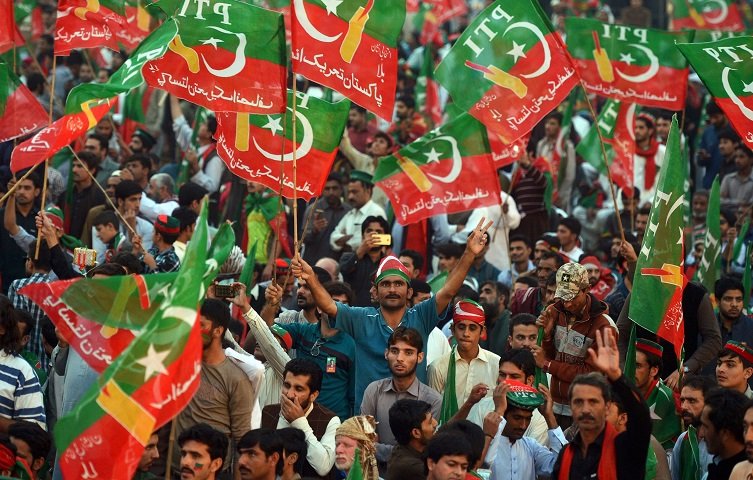In a strategic move following the February 8 general elections, the Pakistan Tehreek-e-Insaf (PTI) has opted to forge an alliance with the Sunni Ittehad Council (SIC) for reserved seats. Initially, PTI candidates contested the elections independently, but the party has now decided to join forces with SIC, a religio-political entity, for representation on reserved seats.
Under the arrangement, PTI independent members will integrate into the Sunni Ittehad Council after submitting necessary affidavits. This decision significantly shifts from the PTI’s earlier plan to form coalitions with other parties, such as the Majlis Wahdat-i-Muslimeen (MWM) and Jamaat-i-Islami (JI) in different regions.
Previously, PTI’s Central Information Secretary Raoof Hasan had announced plans for a coalition with MWM in the Centre and Punjab and with JI in KP for reserved seats. However, recent sources indicate a change in direction, with PTI opting to align with the Sunni Ittehad Council in Centre and Punjab instead.
The emergence of Sahibzada Hamid Raza, backed by PTI, as the president of SIC adds weight to the alliance. Sahibzada Hamid Raza, having secured victory in the elections, arrived in Islamabad to meet PTI founder Imran Khan, who is currently detained at Adiala Jail.
Raza affirmed that matters have been settled for an alliance with PTI in Punjab and Sindh and expressed readiness to form alliances in Centre, KP, and Balochistan. These developments signal a strategic realignment in the political landscape of Pakistan as parties maneuver to secure influence and representation in the aftermath of the elections.
The political scenario in Pakistan remains uncertain, with none of the major parties – PML-N, PPP, or PTI-backed independent candidates – securing a simple majority in the National Assembly. As political stakeholders engage in negotiations and alliance-building, the quest for 169 seats in the 336-member lower house of parliament intensifies.
Independent candidates supported by PTI have demonstrated considerable success, clinching 101 seats in total. Notably, out of these 101 independents, 92 enjoy PTI’s backing. PML-N follows closely with 75 seats, while PPP has secured 54. Other parties, such as MQM-P, JUI-F, PML-Q, IPP, and BNP, have also secured representation in varying degrees.
The evolving alliances and negotiations underscore the fluidity of Pakistan’s political landscape and the strategic calculations underway as parties navigate the post-election landscape.


